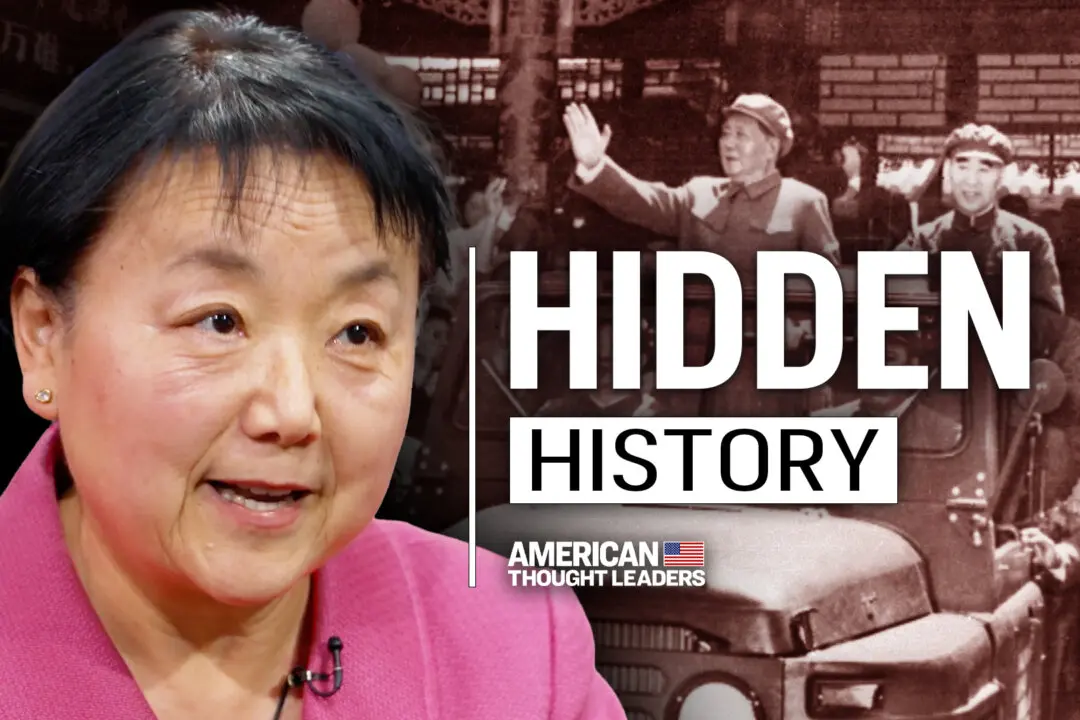On a recent episode of “American Thought Leaders,” host Jan Jekielek talked with Health and Human Services (HHS) whistleblower Tara Rodas. A federal employee for two decades, including 17 years in the inspector general community, she answered a call from the Biden administration to help with the border crisis and a surge in unaccompanied minors.
Mr. Jekielek: How did you discover what you’ve call government-sponsored, taxpayer-funded child trafficking?






